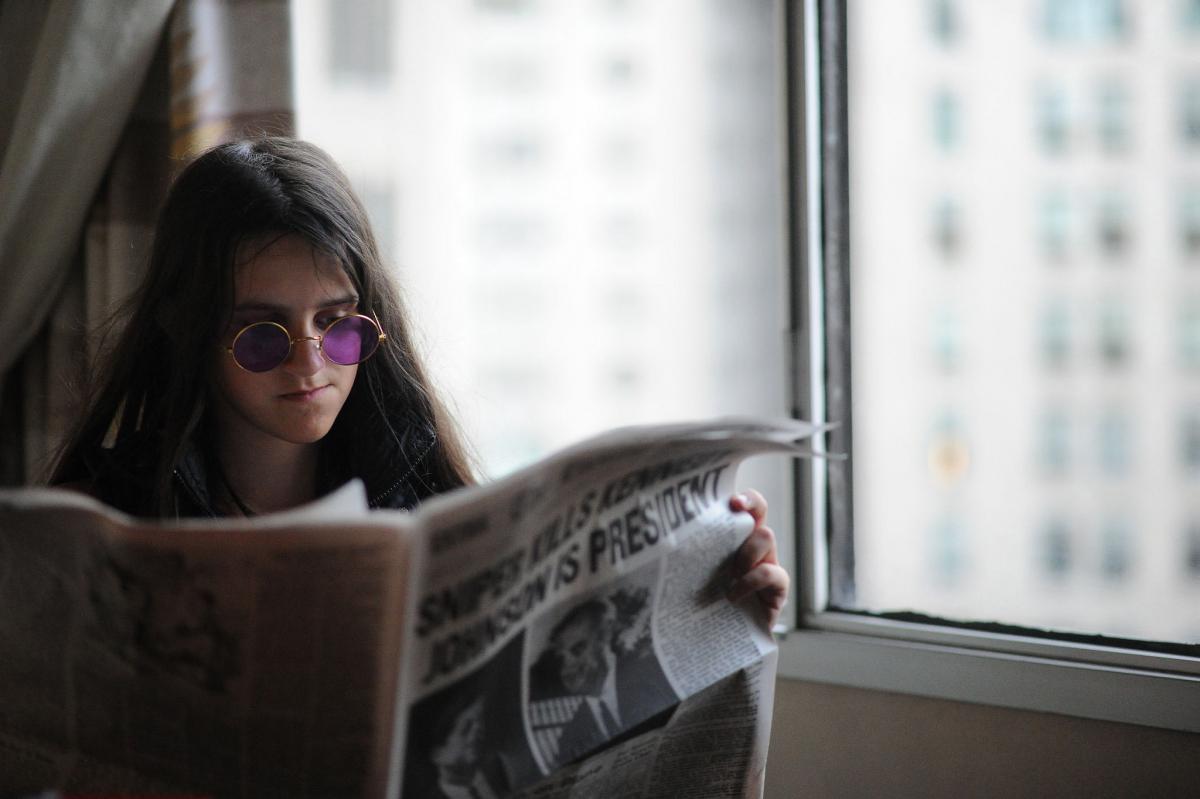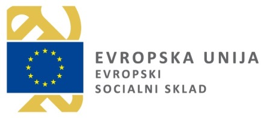We will try to find out everything you wanted to know about minorities and media in these workshops within the framework of the project #MINORITIESONLINE. The workshops will start on Thursday, 4th April and will last until 20th July this year. In these intensive encounters, we will address minority journalism in theory and practice. Upon completion of the course, the attendants will be given an opportunity to work on the radio show Kontrola leta on Radio Študent and on the portal http://www.dkis.si, and the results of our encounters, i.e. media pieces will be published on the website http://www.namreži.si throughout the course.
We shall start with questions of philosophical, societal and political nature about what minority is and what the role of minority media in the society would be. Then we shall challenge the traditional journalistic rules on balanced coverage which always has two sides and question the terms of freedom of speech, political correctness and hate speech. We will pay special attention to journalism ethics and code, and journalistic integrity. Our discussion will cover the segments in which minority journalism differs from traditional journalism and the extent to which minority journalism intertwines with activism which is aimed at giving voice to those who possess no voice of their own in the society: marginalized and silenced individuals and groups, on the basis of their ethnic origin, sexual orientation, social status, special needs, poverty, etc. The emancipatory power of minority media and ways of developing them will also be one of our points of interest.
In the central part of the workshops, we will address the practical training of our participants for journalistic tasks, with special emphasis on the use of the internet. The internet media provide interactivity, participation, hypertextuality, decentralization and a shift from the traditional journalistic authority, which provides greater inclusion. We will try to blend the new ICT (the internet, social media), new media forms and genres (meme, selfie, social video, blog, vlog), traditional journalism (professional procedure and practices), minority activism and the everyday life of the vulnerable groups (needs, experiences, problems, nice things). The aim is to create an interactive media platform which will be multiple, present in the social media and based on the advantages of the digitalized world - active participation, instant and dynamic communication, wide accessibility of information, more intensive interaction and networking.
In the end, special emphasis will be placed on practical training for journalistic tasks and creation of media content: how to do a good interview, write a story, do a feature, make a video and audio documentary, run a blog, practise radio journalism on the internet- podcast, setting up and maintenance of an internet magazine, audio and video editing, creation of social video, video and audio live streaming and managing content on different internet platforms, etc.
The workshops will be hosted by Biljana Žikić, PhD in media studies, author of many research articles on minorities and media, a long-time editor of the only show in the Serbian language, Kontrola leta on Radio Študent, a contributing journalist with the programme Sami naši on the Radio Slovenia First Channel and the editor of the portals http://www.dkis.si and http://www.radnezene.net. She will be assisted by numerous guests from the media and journalistic world who will participate as mentors and lecturers in different segments of the workshops.
Everyone who is interested in this topic and wishes to acquire practical journalistic knowledge and skills is welcome to apply for the workshops. We especially urge the members of ethnic groups from the former Yugoslavia, their descendants, students and others interested in the life of the former Yugoslav communities in Slovenia and media/journalism to apply.
Please send your applications to the e-mail address medijske.delavnice@dkis.si until Thursday, 4th April 2019 for the first workshop which will be held on the same day. A later application for each workshop separately is also possible. The training will last until 20th July 2019 and will take place every week. Duration of a workshop: 3 hours of lectures/debates + 8 hours of individual guidance/fieldwork.



